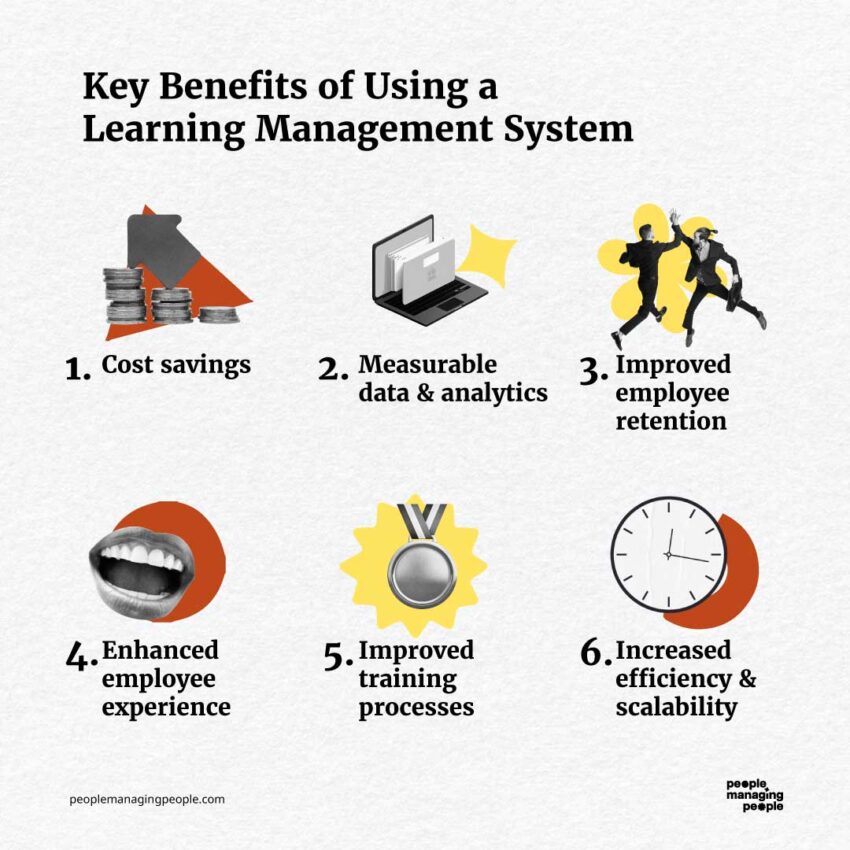FSI BLOG – Have you ever wondered why some companies or institutions handle learning so efficiently while others struggle? It all boils down to their approach to managing learning processes. Two key terms often used in the learning industry are Learning Ops and Learning Management Systems (LMS). But what’s the difference between the two? Are they just fancy buzzwords, or do they serve different purposes? Let’s break it down in a simple, engaging way so you can grasp these concepts with ease.
Table of Contents
| Sr# | Headings |
|---|---|
| 1 | Understanding Learning Ops |
| 2 | What is a Learning Management System (LMS)? |
| 3 | Core Differences Between Learning Ops and LMS |
| 4 | How Learning Ops Works |
| 5 | How LMS Works |
| 6 | Key Benefits of Learning Ops |
| 7 | Key Benefits of LMS |
| 8 | Which One is Right for Your Organization? |
| 9 | The Future of Learning Ops and LMS |
| 10 | Common Misconceptions About Learning Ops and LMS |
| 11 | Challenges in Implementing Learning Ops and LMS |
| 12 | Cost Considerations |
| 13 | Integration With Other Systems |
| 14 | Final Thoughts |
| 15 | FAQs |
1. Understanding Learning Ops
Think of Learning Ops as the engine behind the learning process. It’s a strategic approach that integrates technology, data, and learning methodologies to enhance training programs. Learning Ops is all about optimizing the learning experience and making sure it aligns with business goals.
2. What is a Learning Management System (LMS)?
An LMS is a software platform designed to manage, deliver, and track training programs. It’s like a library combined with a classroom—it stores learning materials, delivers courses, and tracks progress.
3. Core Differences Between Learning Ops and LMS
| Feature | Learning Ops | LMS |
| Purpose | Enhances and streamlines learning processes | Manages and delivers learning content |
| Focus | Strategy and optimization | Content management and tracking |
| Scalability | Highly adaptable to business needs | Fixed structure with customization options |
| Integration | Works with multiple learning tools | Usually standalone with integrations available |
4. How Learning Ops Works
Learning Ops works by analyzing data, automating workflows, and optimizing learning strategies. It integrates multiple tools and platforms to ensure seamless learning experiences.
5. How LMS Works
LMS platforms function by hosting training materials, assigning courses, and tracking learner progress. It provides reports and analytics to measure learning effectiveness.
6. Key Benefits of Learning Ops
- Efficiency – Streamlines learning operations.
- Data-driven – Uses analytics to improve training.
- Customizable – Tailored learning experiences.
- Scalability – Adapts to business growth.
7. Key Benefits of LMS
- Centralized learning – All courses in one place.
- Automated tracking – Monitors progress and performance.
- Easy access – Learners can study anytime, anywhere.
- Compliance support – Ensures regulatory training is completed.
8. Which One is Right for Your Organization?
If you need a structured system to manage courses, go for an LMS. If your focus is on improving and optimizing learning as a whole, Learning Ops is the better choice.
9. The Future of Learning Ops and LMS
Technology is evolving, and AI-driven analytics, automation, and immersive learning (AR/VR) are shaping the future of Learning Ops and LMS.
10. Common Misconceptions About Learning Ops and LMS
- LMS replaces Learning Ops – False! They complement each other.
- Only large businesses need Learning Ops – Wrong! Even small organizations can benefit.
- LMS is just for e-learning – Nope! It supports in-person training too.
11. Challenges in Implementing Learning Ops and LMS
- Cost and budget constraints
- Resistance to change
- Integration issues
- Lack of expertise
12. Cost Considerations
- LMS: Subscription-based or one-time purchase.
- Learning Ops: Custom implementation costs vary.
13. Integration With Other Systems
Both Learning Ops and LMS should seamlessly integrate with HR systems, content libraries, and other enterprise tools.
14. Final Thoughts
Both Learning Ops and LMS play vital roles in modern learning. While an LMS provides a structured way to manage learning content, Learning Ops ensures the whole learning system is optimized for effectiveness and efficiency. The best approach depends on your organization’s needs.
15. FAQs
1. Can an LMS function without Learning Ops?
Yes, but it might not be as effective. Learning Ops enhances the overall strategy and implementation of learning processes.
2. Do small businesses need Learning Ops?
Yes! Even small businesses can benefit by streamlining and improving their training programs.
3. What industries use Learning Ops and LMS?
Virtually every industry, from healthcare to IT and retail, uses these systems to train employees and enhance learning experiences.
4. Can Learning Ops replace an LMS?
No, Learning Ops complements an LMS by optimizing learning processes rather than replacing the system itself.
5. Is an LMS expensive?
It depends on the provider. Some LMS platforms are free, while others charge per user or offer enterprise solutions.
This guide has simplified The Difference Between Learning Ops And Learning Management Systems for you. Whether you’re an educator, business owner, or learner, knowing these differences can help you make better training decisions!
